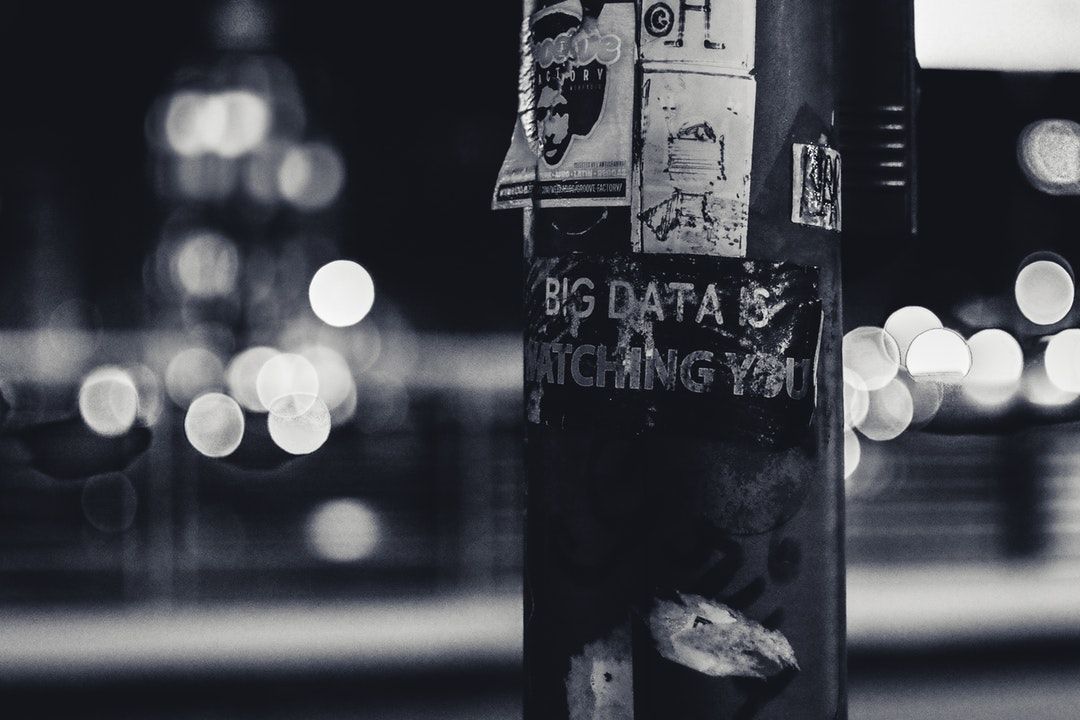If anyone is upset with my abbreviated version of 1984 in the title of this post, instead of its long-form equivalent; nineteen eighty-four, I must remind you that I really don't care.

Thirteen O'Clock
Interpretation or pensée? Take your pick, but let's begin with that famous opening line, "It was a bright cold day in April, and the clocks were striking thirteen."
I imagine Orwell typing away at his typewriter, or whatever medium he used to capture this concept of thirteen o'clock for the first time, and the very idea of a time past midnight a metaphysical statement of sorts. It's not our time, at least the time that we are used to, it shows up in a different reality, a dystopia of sorts.
What exactly is the ordered purpose of a dystopia? The ideal would be to counterpoint our culture with the nuance of something perverse, and in doing so this would reveal some of the apparent contradictions, ironies and similarities within and throughout our own cultural conditioning.
Perversions of a Sexual Nature
Saint Sebastian is the allusion used here for the introduction of male and female contrast, a tension and struggle of sorts in the mind of the protagonist.
The next phrase that I am drawn to like an invertebrate to a night light would be the following, "We shall meet in the place where there is no darkness."
Obrien's Voice in the Dark
This complicit guilty association is one in which thought crimes are made manifest, the associative technique that Orwell transubstantiates, because of a momentary glance, is interesting to say the least. Pause your reading here, approximately mid-way through chapter two and try and anticipate what will happen next. How will Orwell emphasize or develop the importance of the dream? If your answer is, read on and find out, you will be missing the point of this exercise, a Praxis or philosophical method if you Will. It's only by pausing and anticipating that your plausible counterfactuals are latticed against what we know to be good, bad and Ideal. When the latter is this outcome, you are in the presence of a great book, when this brought to a cultural climax you have a classic.
Back to the voices in the dark, who's voice is it anyway? It's only after meeting O'Brien that the pair-bonded meaning emerges, in part for me, but originating in the mind of Orwell for all to see, metaphysically that is!
NOTE: My usage of the metaphysics in the previous paragraph doesn't mean that I "believe" in metaphysics. However ironic this may sound, I am a materialist. Defending this apparent contraditioni is part of another post which which you can find below.
Can You Imagine - Confessions of a Materialist
At this point in time, I am contextualizing my own philosophical journey with a willingness to learn more. Always open and in a state of awe, I am an awe junkie, my heroine is Mother Earth because she is the eternal Forme of perfected imperfection that suites me just fine. Embodied and ubiquitous, the affect is the effect of billions of years of evolution. In this case, we could make the claim that Reason is the virus and the solution is anthropomorphic extinction. To what end? No one will be around to know.

